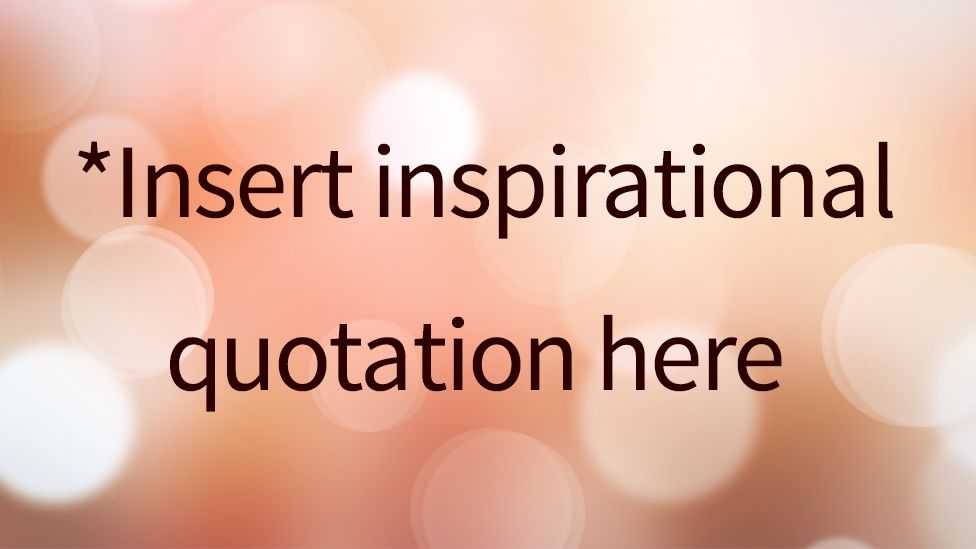The trouble with Hailey Baldwin's inspirational quotations
- Published

Model Hailey Baldwin is reportedly being sued over a quotation she posted on Instagram in August.
Hailey posted the quotation in support of her friend Selena Gomez during the public social media feud between Selena and Justin Bieber.
It is claimed by author Melissa Molomo that the words are originally from her book "Say What's Real" and should have been credited to her as the writer.
She has since taken it down but there has been no word from Hailey.
Hailey's post apparently said: "We've all had our fair share of things we've done, both good and bad.
"What makes the present so powerful is when we take complete responsibility for our actions, we allow ourselves self-growth.
"Misplacing the blame onto someone else isn't going to get you to the next stage in life, so try not to manipulate a situation to make yourself look better."
And this is Melissa's original post from November last year.
Page Six says they have a copy of the cease and desist letter sent by Melissa requesting that Hailey apologises.
In the letter, Melissa's attorney says: "In copying and using Ms Molomo's work without permission, you have taken credit and caused confusion as to whom the original author of this work is."
Hailey is no stranger to posting an inspirational quotation on her social media.
And so are a lot of other people - but what exactly are the rules?
We asked an intellectual property lawyer how to protect your own content and how to make sure you stay on the right side of the law when sharing other people's.
To get your content copyrighted, you don't need to see a lawyer.
Ben Allgrove, a partner at Baker & McKenzie, explains that creative material is automatically protected.
There are certain criteria it must satisfy to be a "protectable work" but generally it needs to considered to have some level of creativity.
This can include literary works, images, music or any other types of creative effort.
The owner of the work has the right to control where it appears on the internet
"They have a right to control distribution. This is known as the "internet right" and means the owner should get to choose where it is posted online.
"They also have the right to control the reproduction of their work."
Ben Allgrove says the law was actually changed about 18 months ago, adding section 30 (1ZA) to the regulation document:
"Copyright in a work is not infringed by the use of a quotation from the work (whether for criticism or review or otherwise) provided the work has been made available to the public, the use of the quotation is fair dealing with the work, the extent of the quotation is no more than is required by the specific purpose for which it is used and the quotation is accompanied by a sufficient acknowledgement (unless this would be impossible for reasons of practicality or otherwise)."
Or in simple terms, credit people when you use their stuff.
He says this was introduced specifically because of the growth of social media.
This isn't the end of the Instagram inspirational quotation though
Ben explains that fair dealing means that the copyrighted material can be quoted for personal use or research, or in a situation where it is considered of public interest.
So basically sharing something with your friends is probably alright as long as you don't have any commercial gain from it.
And as long as it's "accompanied by sufficient acknowledgment".
That doesn't happen very often - so are you just unlucky if you get called out for it?
"In practise everyone does it. You only have a problem when someone has a problem with it," says Ben
Find us on Instagram at BBCNewsbeat and follow us on Snapchat, search for bbc_newsbeat